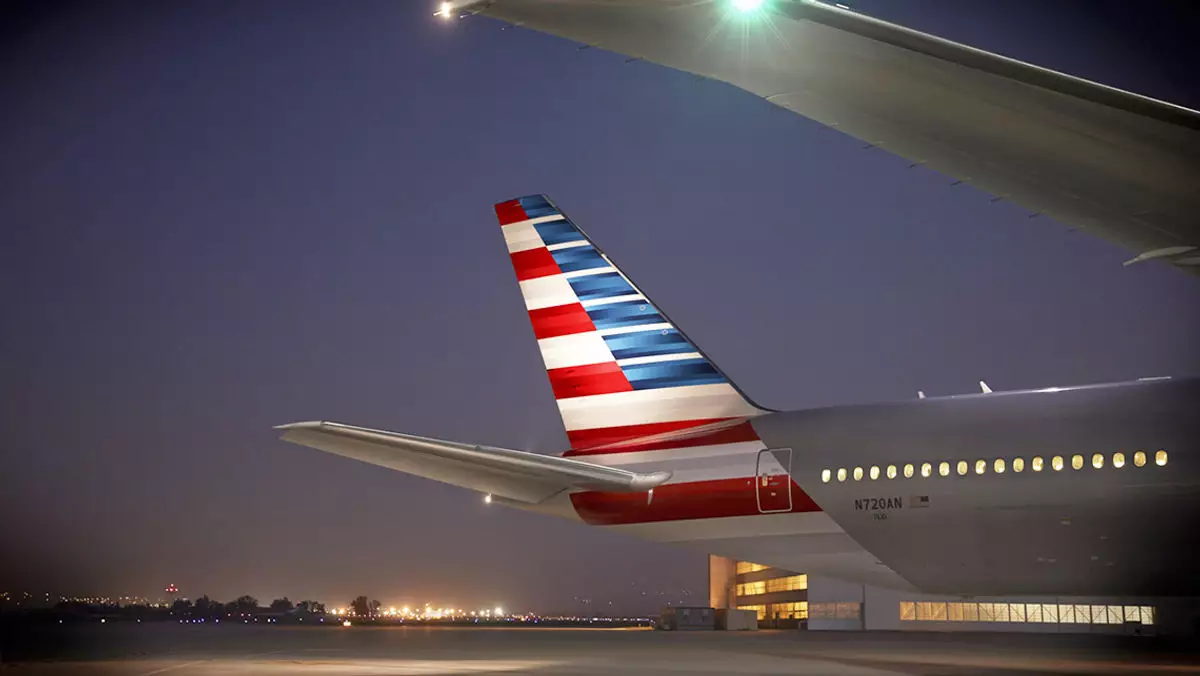In a notable development for the airline and travel industries, American Airlines has announced the extension of its New Distribution Capability (NDC) commission program through the end of the year. Originally set to conclude on September 30, this initiative is structured to incentivize travel agencies by offering a 10% commission on NDC bookings made through specific fare bundles: Main Plus, Main Select, and Flagship Business Plus. This strategic pivot comes after the airline’s previous attempts to integrate NDC technology into their operations, highlighting a significant shift in their approach.
American Airlines launched its NDC commission initiative in June, reflecting a re-evaluation of its relationship with travel agents and corporate entities. Prior to this, the airline had engaged in a more aggressive approach that aimed to hasten the adoption of NDC booking technologies among agents. This earlier strategy involved withdrawing over half of its fare content from legacy Global Distribution Systems (GDSs), a bold tactic that ultimately did not yield the desired results. Learning from this experience, American Airlines has pivoted towards a more collaborative strategy that seeks to align the interests of travel agents and airlines.
A key component of this new strategy is the emphasis on dynamic pricing aimed at driving NDC bookings. Scott Laurence, American Airlines’ vice president of partnerships and retailing, elucidates that continuous pricing will revolutionize how fares are presented to consumers, referencing United Airlines’ early implementation as a successful example. While traditional booking systems utilize static fare codes, continuous pricing offers customers real-time fare adjustments. This innovation stands to benefit not only the airlines but also consumers keen to identify the most competitive rates available.
Challenges and Opportunities Ahead
As American Airlines ventures into this new phase, it faces both challenges and opportunities. The transition from legacy systems to NDC will require extensive training and adaptation from travel agencies that have long relied on conventional booking methodologies. However, the potential for enhanced customer satisfaction through lower fares and transparent pricing structures creates a compelling case for agencies to embrace the change. Laurence’s mention of ongoing experiments with continuous pricing suggests that the airline is not merely paying lip service to innovation; it is actively testing the waters to ensure that NDC can deliver tangible benefits.
American Airlines’ decision to extend its NDC commission program represents a vital step toward redefining its distribution strategy and strengthening ties with travel agencies. By focusing on dynamic pricing and more flexible commission structures, the airline is positioning itself as a forward-thinking player in the aviation market. As the industry moves toward a more automated and consumer-driven future, the success of American’s initiatives will likely depend on its ability to adapt and innovate in an ever-evolving landscape. The extension of this program could indeed be a game-changer, providing a glimpse into the future of airline distribution and customer interaction.

